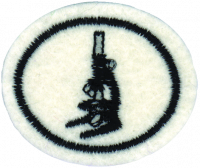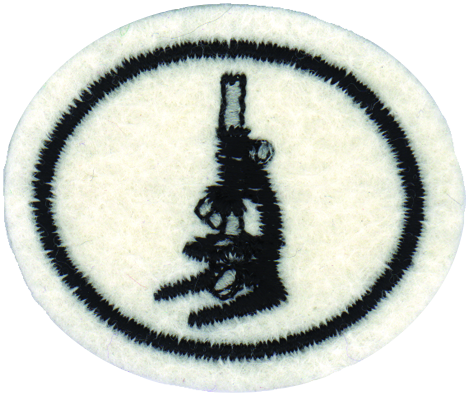Difference between revisions of "AY Honors/Microscopic Life/Requirements"
m |
m (- Category of Honor Requirements) |
||
| Line 41: | Line 41: | ||
<noinclude></translate></noinclude><section end=req9 /></b> | <noinclude></translate></noinclude><section end=req9 /></b> | ||
<section end=Body /> | <section end=Body /> | ||
| − | |||
| − | |||
| − | |||
| − | |||
| − | |||
| − | |||
Latest revision as of 02:31, 22 July 2022
1. List four major types of microscopes. What are some of the characteristics of each? Be able to identify the different types of microscopes from pictures, or visit a laboratory in a university or industry which has these microscopes.
2. Be able to identify the following parts of a microscope and explain or demonstrate the function of each: eye-piece or ocular, objective, body tube, nosepiece, stage, diaphragm, base, focus knob, and arm.
3. Know how to calculate the magnification of a compound microscope. Calculate the magnification of the microscope you use for this honor.
4. Define the following microscopic terms: slide, coverslip, wetmount, fixing, staining, oil immersion, unicellular, multicellular, cilia, flagella, plankton.
5. Collect samples of water (from ponds, streams, ditches, gutters, puddles, etc.) And search for living organisms using a microscope with at least 100X magnification. Draw five of these organisms as accurately as possible. As far as possible, identify and label your diagrams (include the magnification used.)
6. Draw and label a cell which includes the following parts: cell membrane, nucleus, and cytoplasm.
7. Know the kingdoms that have microscopic life forms and know two members from each.
8. Give at least one example of how microscopic life is important for: human food, human health, medicine, other organisms.
9. Give at least three health habits that have been established as a direct result of harmful microscopic life. Put these habits into practice.


